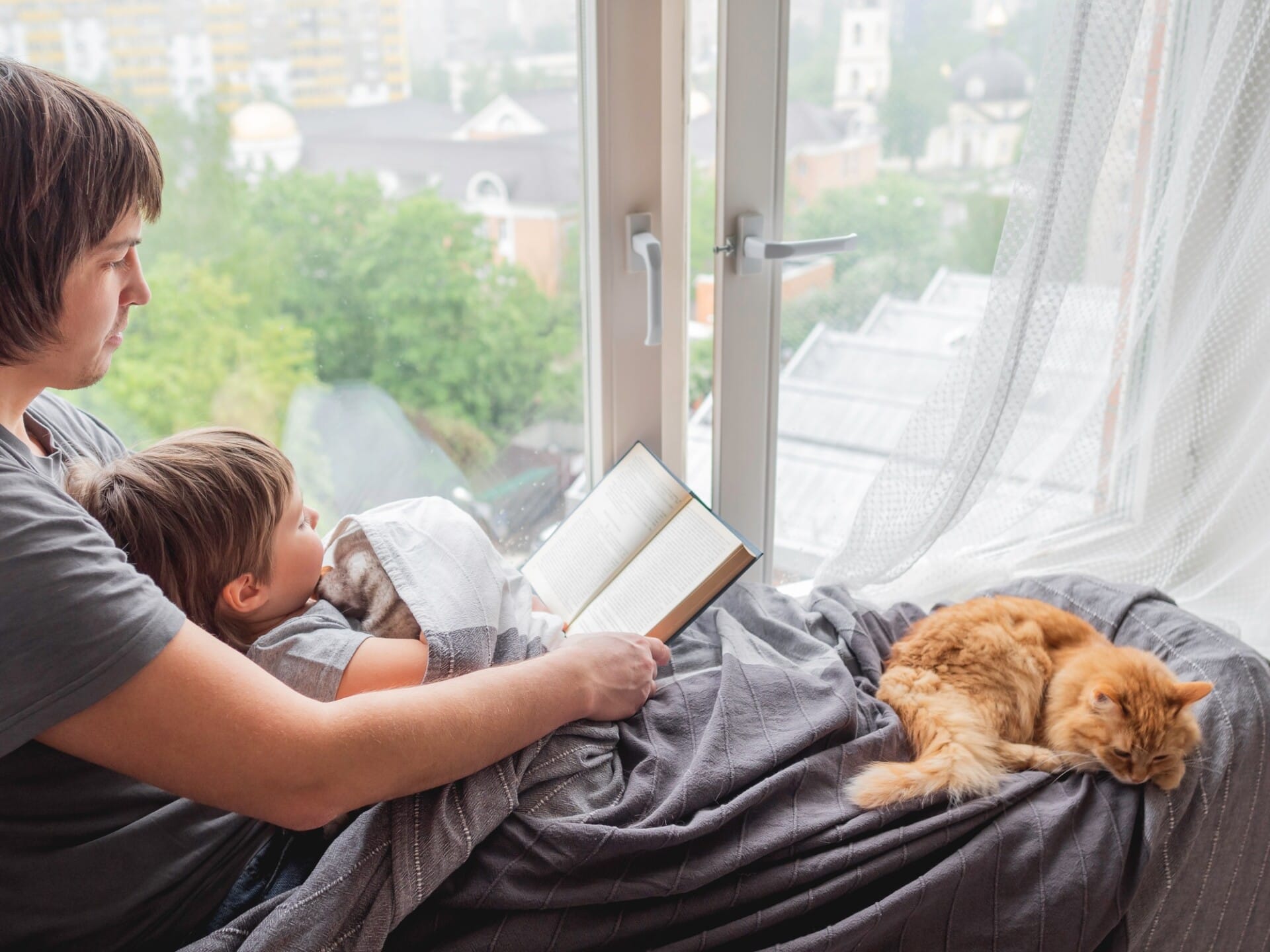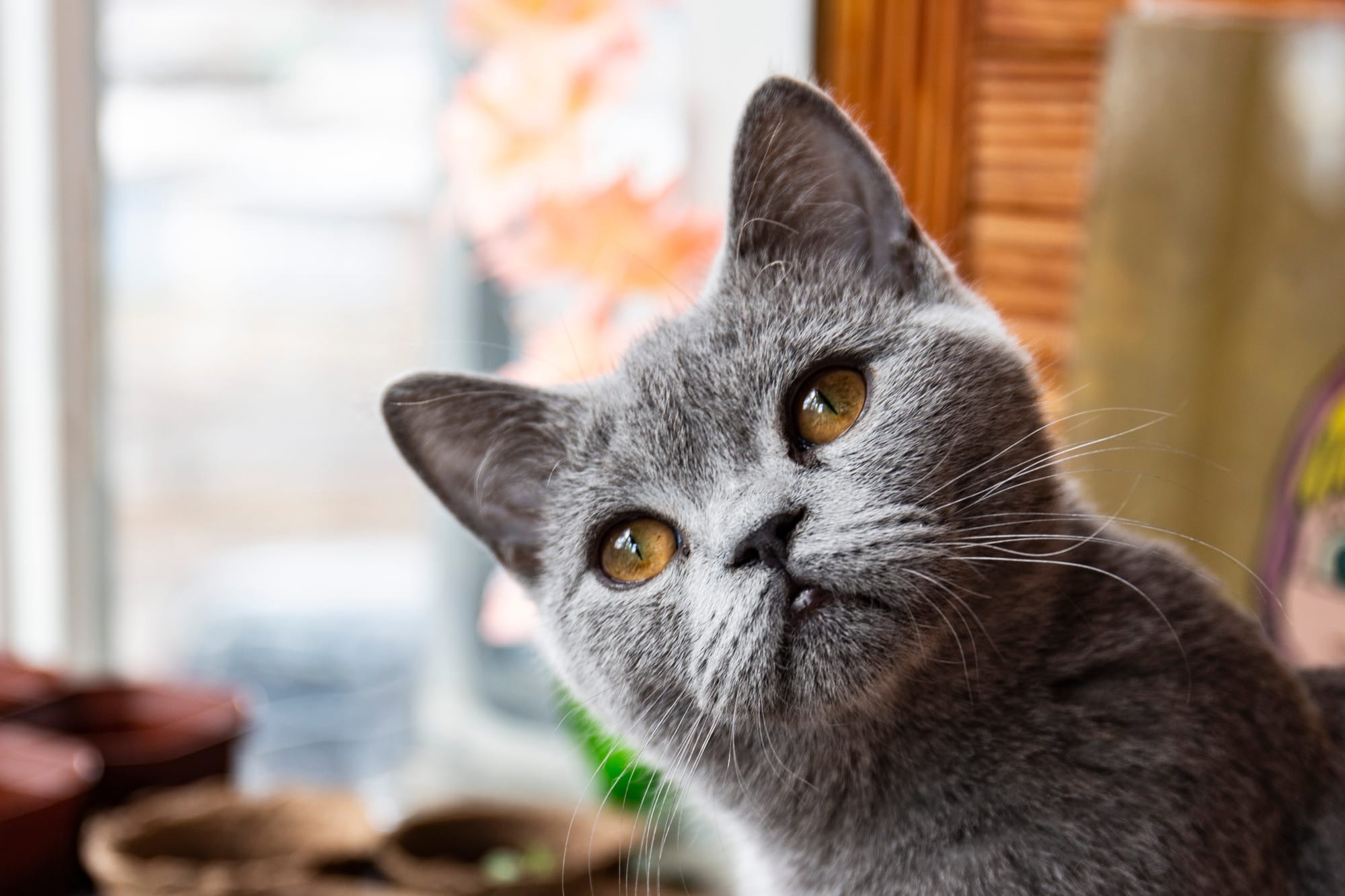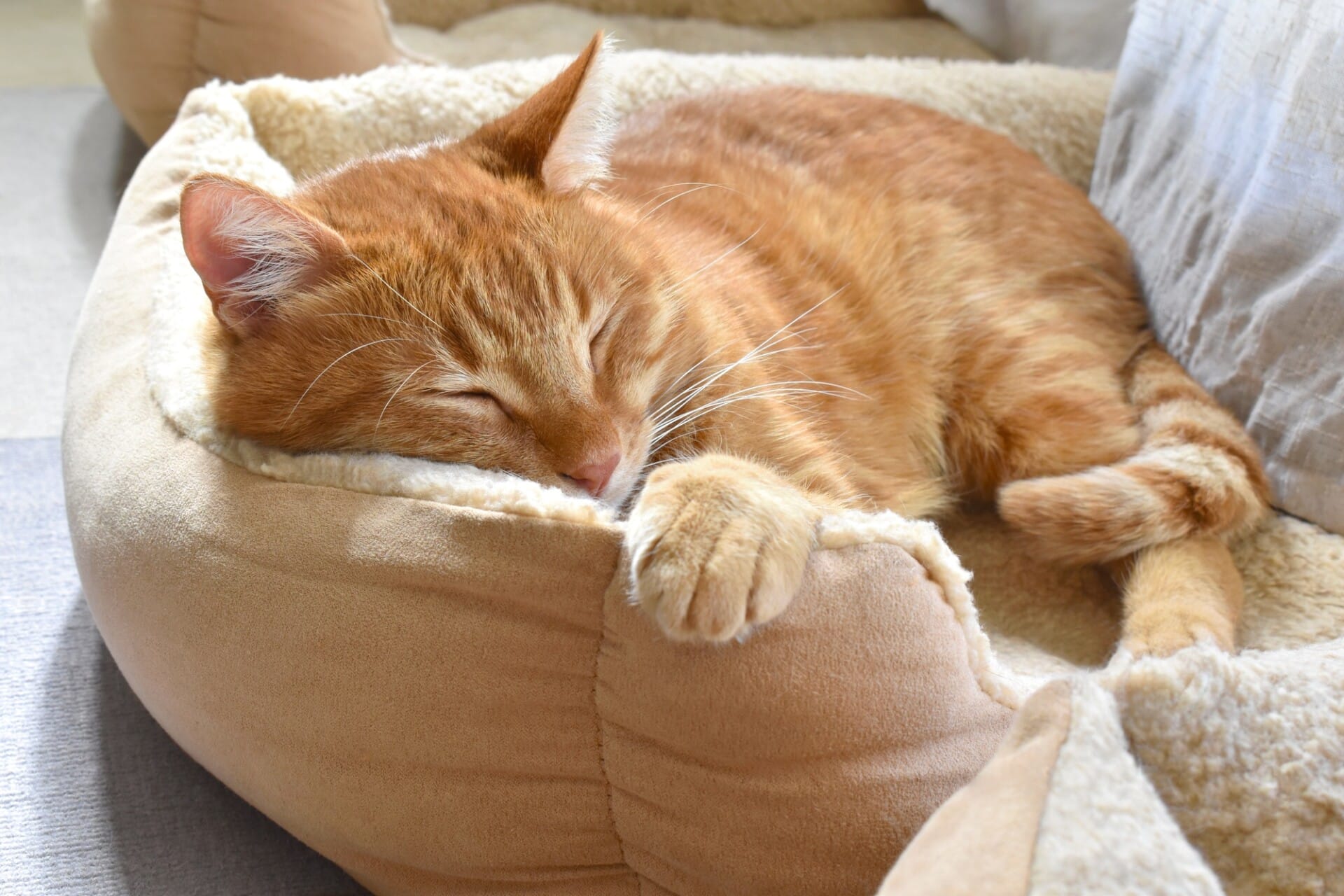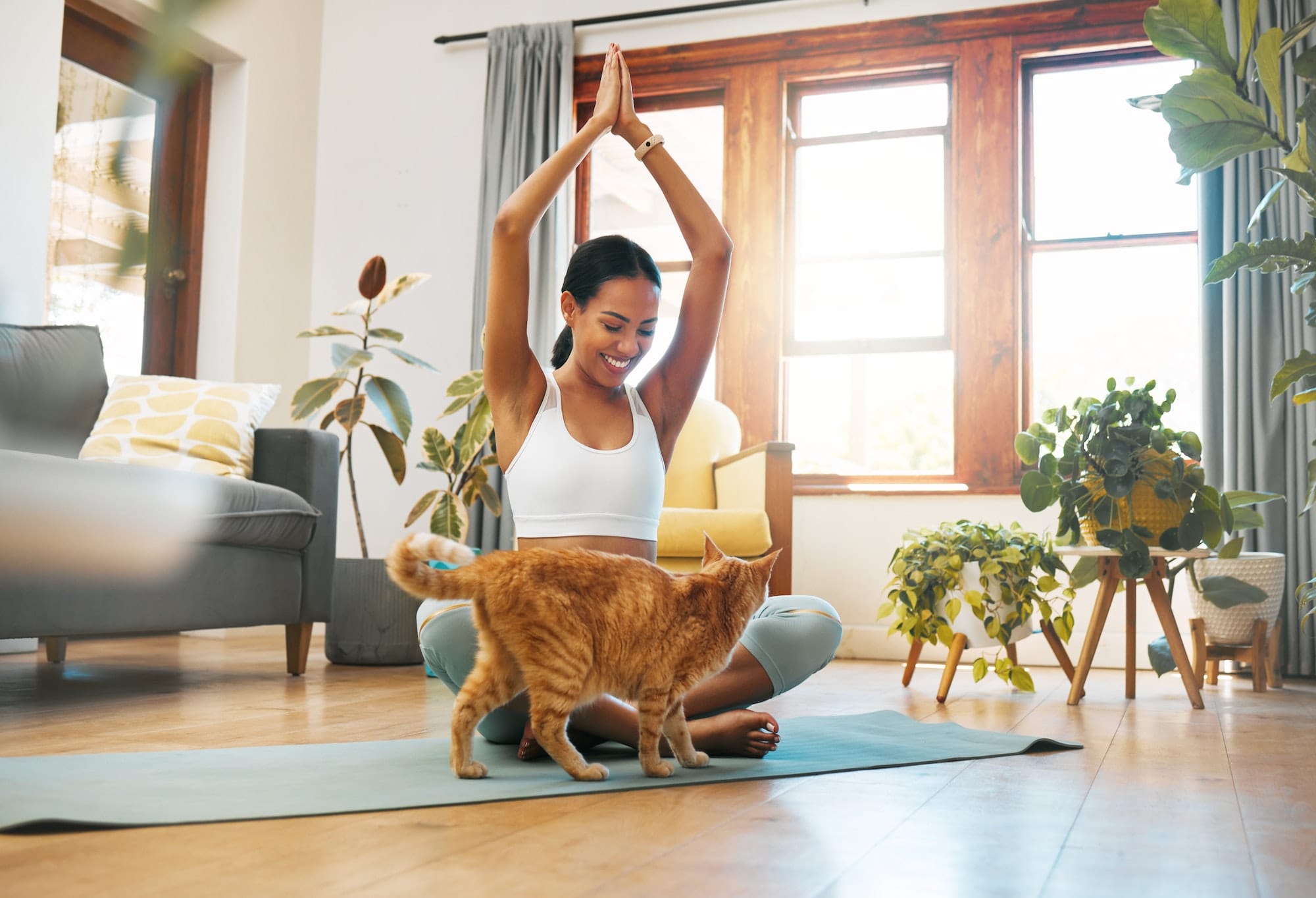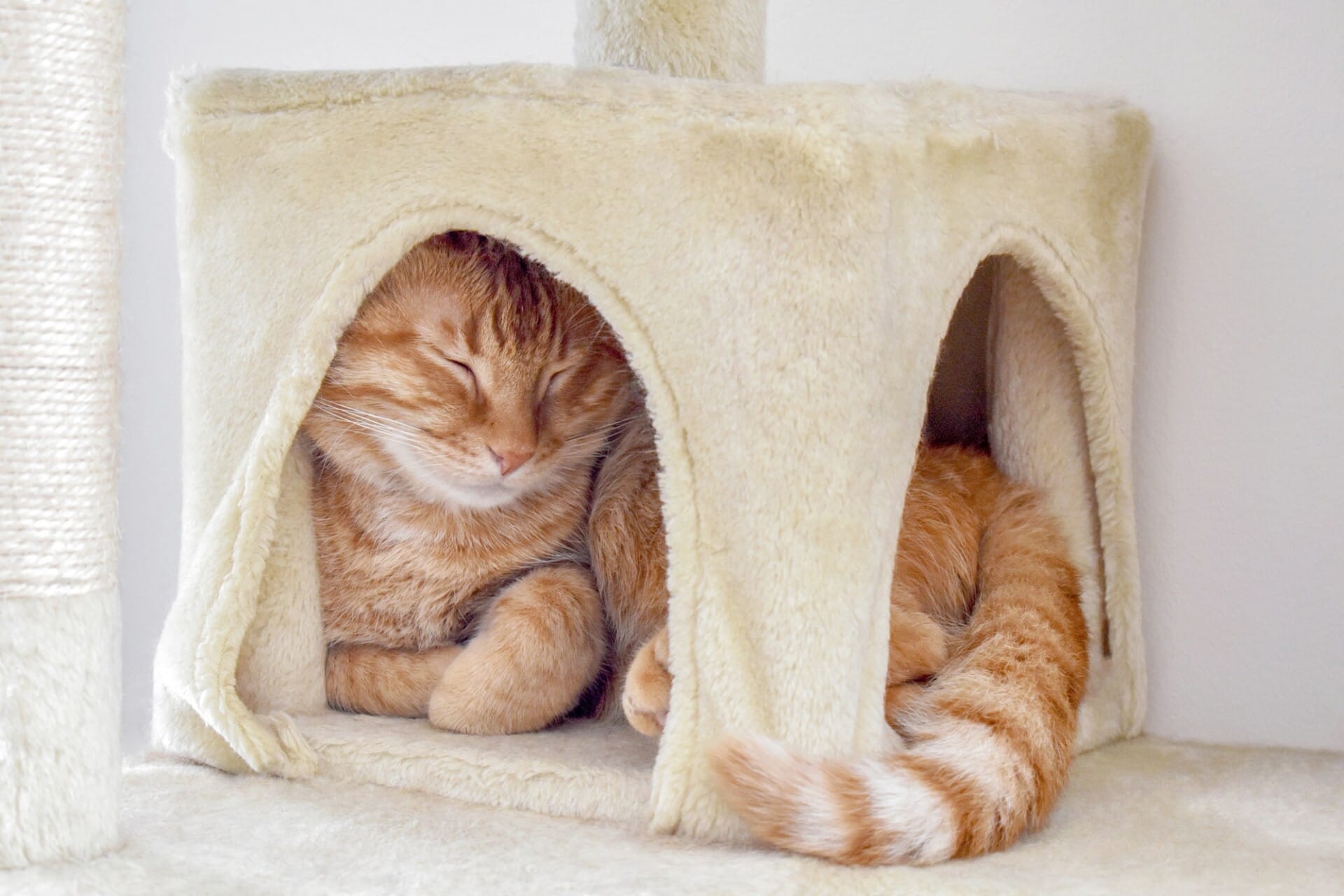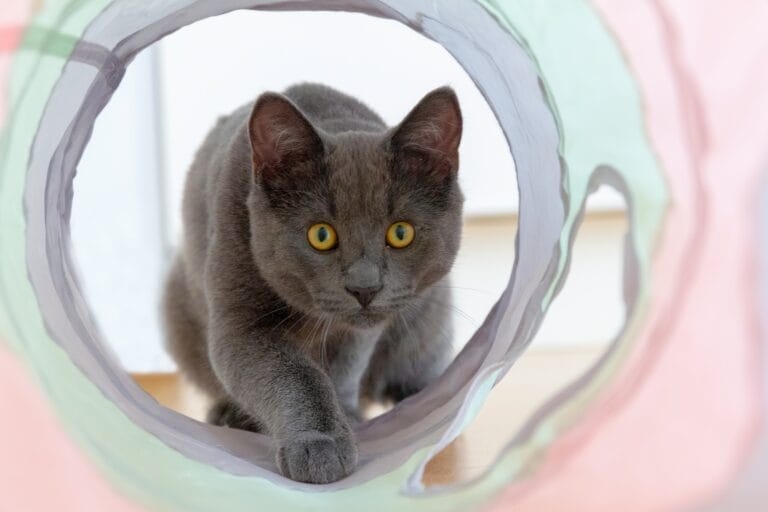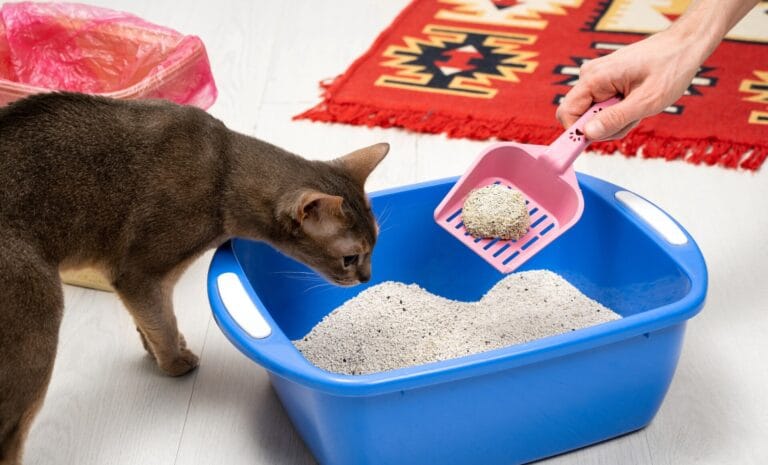Understanding Cat Anxiety
If your cat bolts under the bed at the sound of a doorbell or gives you the side-eye while twitching their tail, they might be dealing with anxiety. Unlike dogs, who wear their emotions on their sleeves (or paws), cats are experts at masking stress. However, their anxiety can manifest in excessive grooming, hiding, aggression, or even litter box rebellion.
Understanding the root cause of their stress is the first step in finding the best natural remedies for cat anxiety.
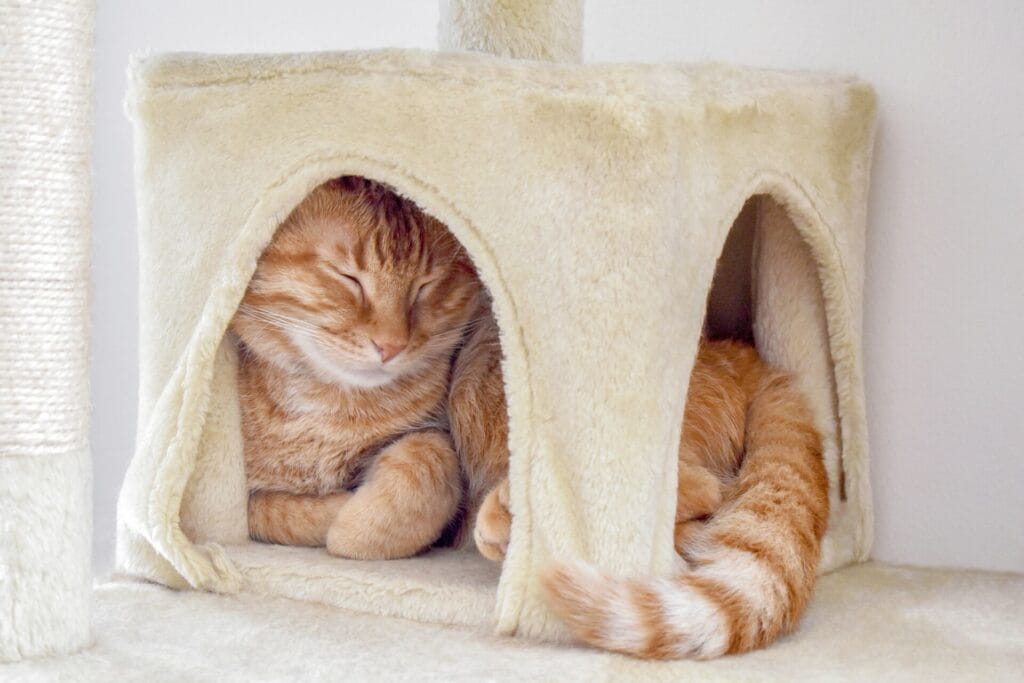

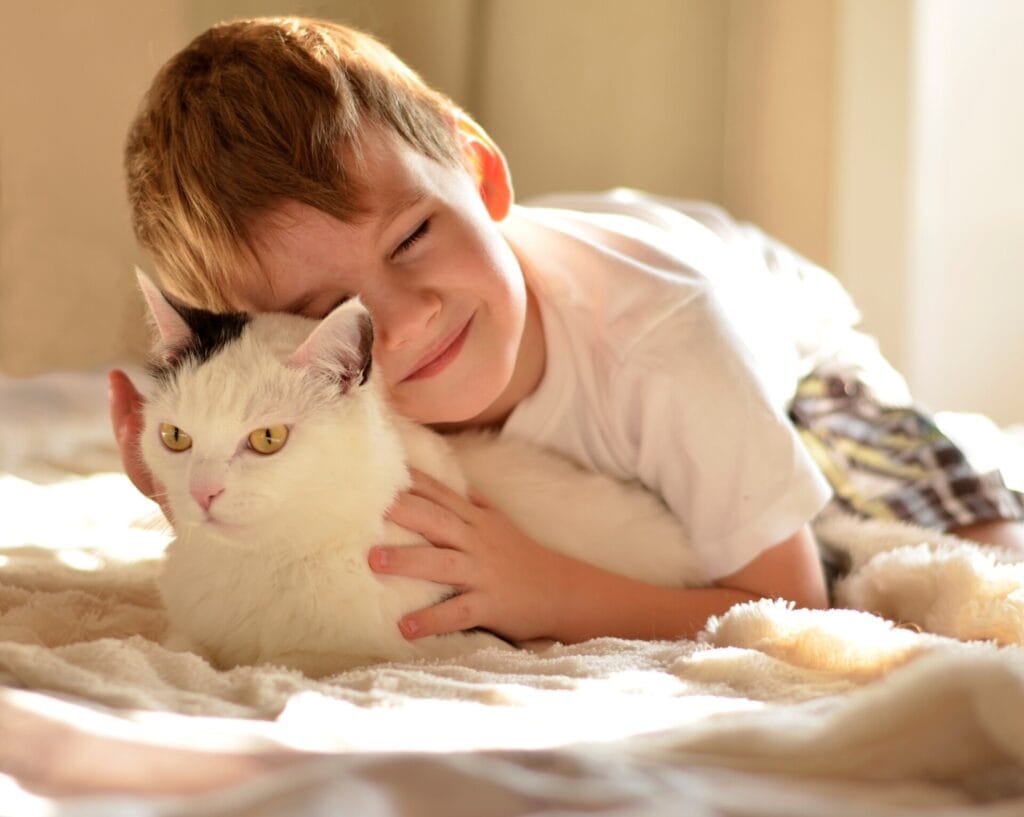
Why Do Cats Get Anxious?
Cats love routine. Change that, and you’ve got one stressed-out feline. Some common triggers include:
- New Environments – Moving homes, rearranging furniture, or introducing a new pet can send a cat into panic mode.
- Loud Noises – Thunderstorms, fireworks, or even a loud vacuum can make them skittish.
- Separation Anxiety – Some cats bond so closely with their humans that they get anxious when left alone.
- Boredom and Overstimulation – A lack of mental stimulation or too much of it (like a toddler chasing them) can be overwhelming.
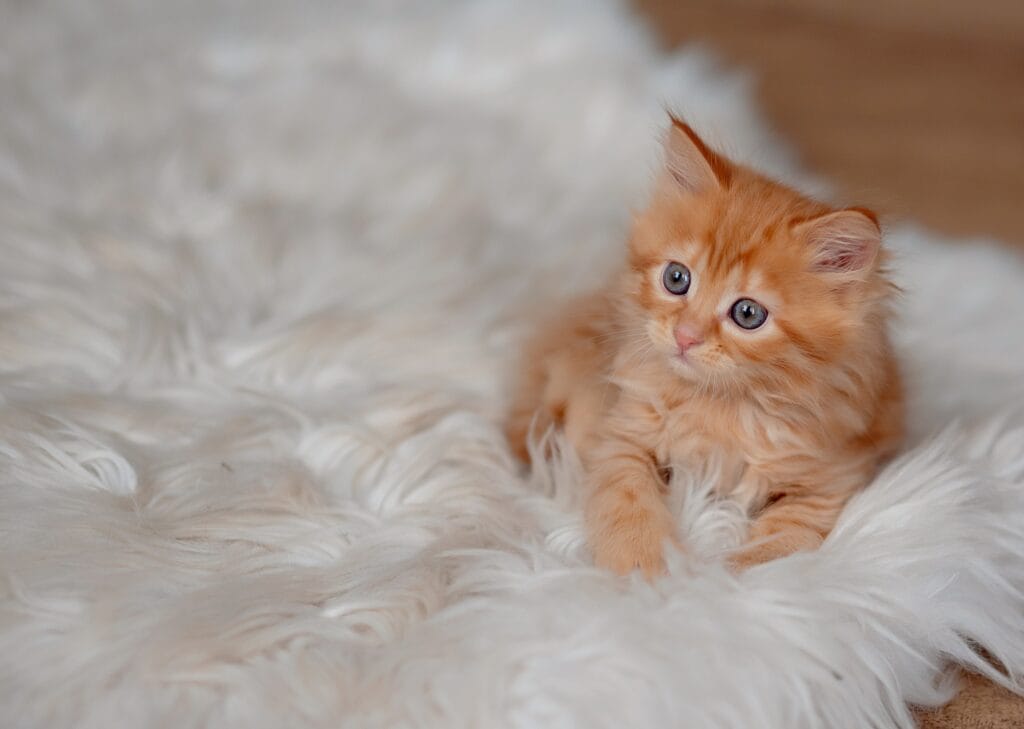
Best Natural Remedies for Cat Anxiety
1. Pheromone Diffusers and Sprays
These mimic natural feline calming pheromones. Products like Feliway create a comforting environment, reducing stress-related behaviors.
2. Herbal and Homeopathic Solutions
Certain herbs can work wonders in calming stressed cats:
- Valerian Root – A natural sedative for cats prone to hyperactivity.
- Chamomile – Known for its soothing effects, but should be given in moderation.
- Catnip – While it excites some cats, it can help others relax after the initial euphoria wears off.
3. Calming Treats and Supplements
Chews and supplements containing L-theanine, L-tryptophan, or melatonin can provide stress relief without making your cat drowsy.
4. A Cozy and Secure Environment
- Provide Hiding Spots – Cats love small, enclosed spaces where they feel safe.
- Vertical Space – Cat trees and window perches give them a place to observe their surroundings from a safe distance.
- Soft, Warm Beds – A comfortable resting area helps them feel at ease.
5. Interactive Play and Routine
Keeping a predictable schedule helps reduce stress. Play sessions using wand toys or laser pointers can burn off nervous energy while strengthening your bond.
6. Music and White Noise
Certain types of music, especially classical or nature sounds, can have a calming effect. White noise machines can help drown out startling sounds like fireworks.
7. Gentle Massage and Brushing
Some cats enjoy a gentle massage or brushing session. This mimics grooming, which is a natural way cats self-soothe.
When to See a Vet
If natural remedies don’t seem to help, or if your cat’s anxiety leads to severe behavioral issues like aggression or self-harm, it’s best to consult a vet. They may recommend additional treatments or behavioral therapy.
Final Takeaways
- Identify triggers – Knowing what stresses your cat is half the battle.
- Try natural remedies – Herbal solutions, pheromones, and a stable routine can work wonders.
- Create a cat-friendly environment – Safe spaces, interactive play, and music can help soothe anxious felines.
- Seek professional advice when needed – If symptoms persist, your vet can provide additional guidance.
Browse these reads—they might just make life with your cat even better!
The Best Cat Breeds for Families with Kids
Looking for the perfect cat for your family? Discover the best breeds that love kids, playtime, and, of course, the occasional snuggle!
How to Introduce a New Cat to Your Home
Bringing home a new cat? Slow intros, safe spaces, and patience turn “who are you?” into “we’re besties!” Learn how to do it right.
Budget-Friendly Cat Products That Don’t Compromise on Quality
Find budget-friendly cat products that keep your feline happy without overspending. Quality cat beds, toys, and supplies at wallet-friendly prices.
5 Benefits of Living with a Pet
Discover the transformative power of living with a pet. From the unconditional love and companionship that fills your heart to the stress-relieving benefits that enhance your well-being, a pet becomes a cherished partner in your journey.
Best Space-Saving Cat Trees for Small Apartments & Homes
Maximize space with the best cat trees for apartments! Find compact, stylish, and functional picks for a happy, active feline.


